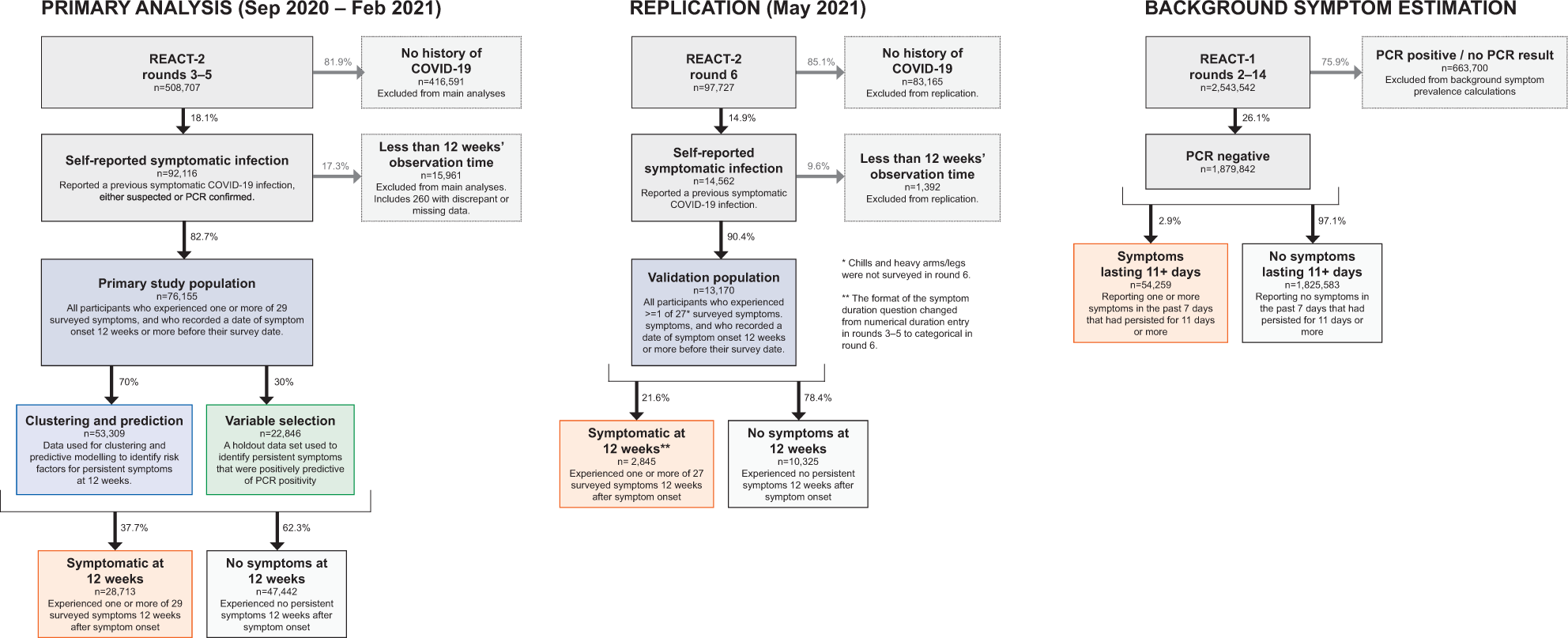A Comprehensive Guide to Covid Symptoms

Introduction
Covid-19 continues to impact the world, making it crucial for everyone to understand its symptoms. Early detection and proper knowledge of symptoms can lead to timely isolation and treatment, effectively curbing the spread of the virus. As new variants emerge and vaccination rates fluctuate, staying informed about current Covid symptoms is more relevant than ever.
Main Body
According to the World Health Organization (WHO) and the UK Health Security Agency, Covid-19 typically presents with a range of symptoms that vary in severity. The most common symptoms include:
- Fever or chills: Many individuals experience elevated body temperatures along with chills.
- Cough: A persistent dry cough is one of the hallmark signs of Covid-19.
- Shortness of breath: Difficulty breathing is particularly concerning and may indicate a more severe case.
- Fatigue: Extreme tiredness is commonly reported and can last for extended periods.
- Loss of taste or smell: This symptom, although discussed less frequently, remains a significant indicator of Covid-19.
In addition to these common symptoms, many individuals also report muscle or body aches, headache, sore throat, and gastrointestinal issues such as diarrhoea. The emergence of various variants of the virus, such as Delta and Omicron, has led to a slight change in the symptom profile. For example, Omicron infections may present more commonly with sore throat and runny nose, making them easy to confuse with a standard cold.
Symptoms in Children and Vulnerable Populations
It’s essential to note that symptoms can manifest differently in children and in those with compromised immune systems. In children, Covid-19 may lead to milder symptoms or none at all but can still spread the virus effectively. Educators and parents should stay vigilant about any signs of illness in children to prevent school outbreaks.
Conclusion
Staying updated on Covid symptoms and understanding their implications is crucial for individuals and public health. With the ongoing evolution of the virus, healthcare officials recommend testing and self-isolation upon experiencing symptoms, even mild ones. As predictions surround the pandemic continue to shift, an informed and vigilant public can act as the first line of defence in combating Covid-19. Awareness and education on Covid symptoms are pivotal as societies work towards recovery and normalcy.
